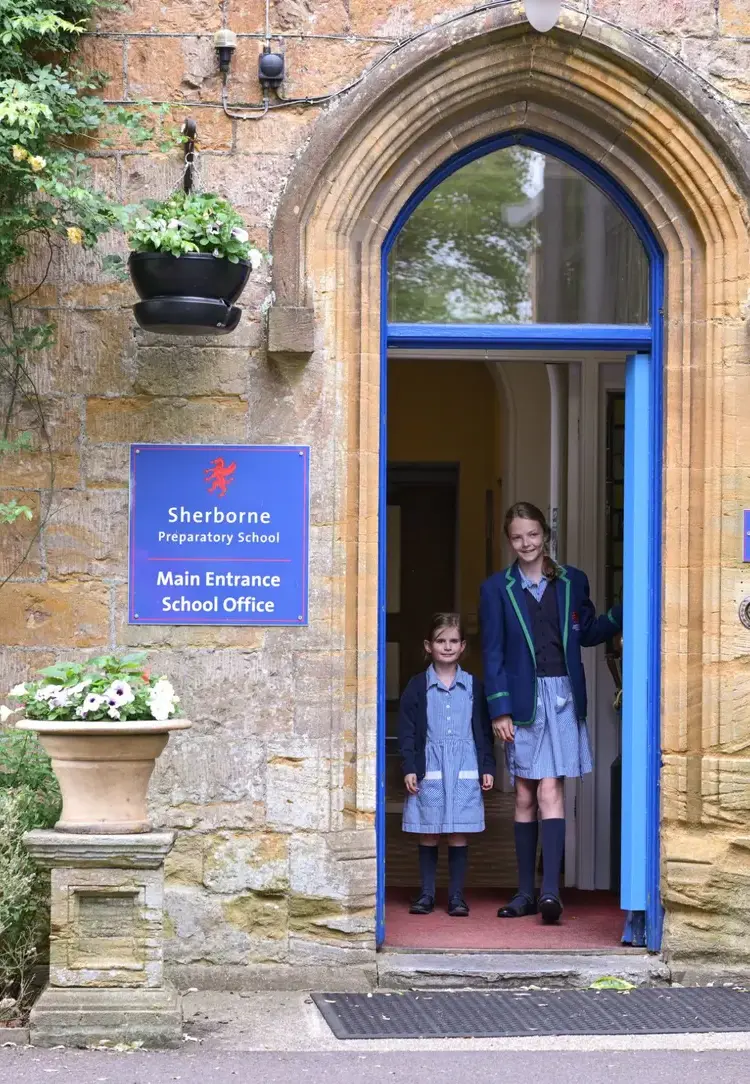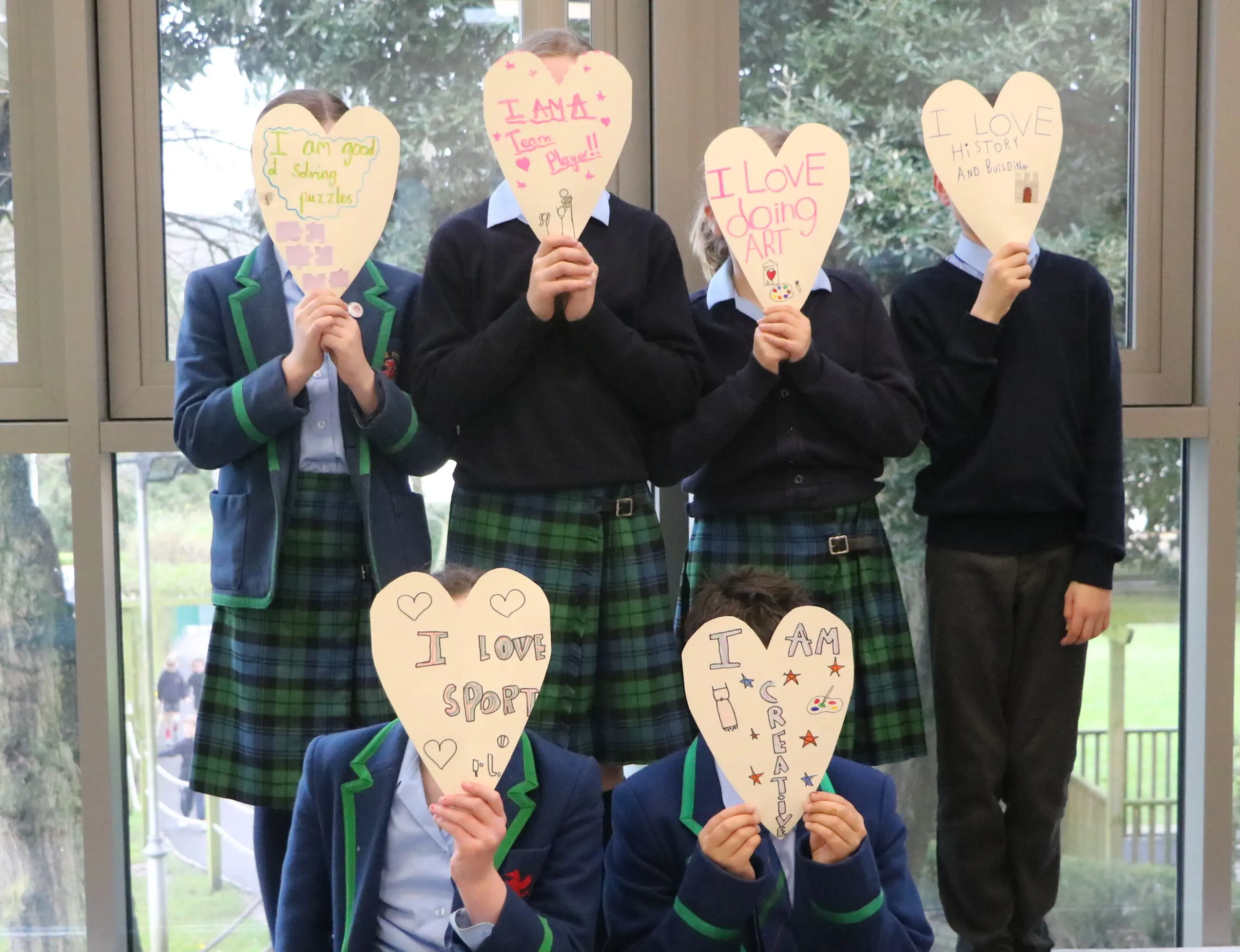Supporting by listening
By Elaine Blake, Head of Learning Support
This year marks a decade since the Children and Families Act – a landmark moment for Special Educational Needs and Disability (SEND). It brought with it the SEND Code of Practice, a framework rooted in inclusion, aspiration and genuine collaboration. At its heart is a simple but powerful principle: most children with SEND can thrive with good teaching, thoughtful support and an ongoing dialogue between teachers, parents and – most importantly – the child.
The Code of Practice outlines four main areas of need: cognition and learning, communication and interaction, social, emotional and mental health, and sensory or physical needs. But increasingly, we see overlapping traits, and so the term neurodiversity has gained ground – a recognition that minds work in wonderfully varied ways. Alongside challenges come strengths. Entrepreneurs with ADHD, pattern-spotters with autism, creative thinkers with dyslexia – it’s no accident that LinkedIn now lists “dyslexic thinking” as a skill.
James Dyson, Steven Spielberg and Victoria Beckham are all dyslexic. Ryan Gosling and Simone Biles have ADHD. The creator of Pokémon has autism. Daniel Radcliffe has dyspraxia. The list goes on – a reminder that difference is not a deficit.
So, how do we ensure children with SEND flourish? We start by listening.
At Sherborne Prep, we use a one-page Pupil Profile. Created with the child, it captures what they love, what they find tricky and what helps them succeed. It puts their voice at the centre of their learning, and it’s regularly updated to keep pace with their development.
One of the most rewarding parts of my role is seeing children grow in confidence. For parents, the journey can feel overwhelming at first. There are referrals, forms, unknowns. But with the right support and adjustments – from movement breaks to visual prompts or fidget tools – learning becomes more accessible, and confidence begins to bloom.
As one pupil told me:
“At first, it was hard. You think that having dyslexia means you’ll never catch up. But it gets easier. Your friends help you and you find out what works.”
That’s the power of understanding, flexibility and inclusion. We’re not just preparing children to navigate the classroom. We’re helping them recognise their own potential – and cheering them on as they step into the world as the future’s entrepreneurs, problem solvers and creative thinkers.


